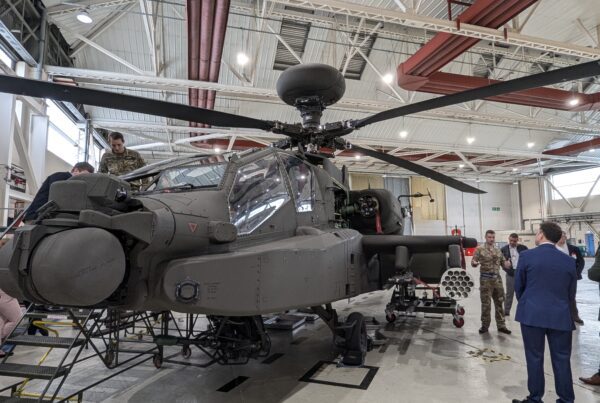On Thursday 13th of July, we made our way down to Mayflower Park in Southampton to visit the Seawork exhibition, one of the largest marine networking events in the UK. We met some fantastic people from the industry, who spoke to us about pathways into employment -and came away with some real insights.
The conferences’ layout is impressive in size and beginning our navigation of the event we bump into Chris Clarke, a Safety, Health environment, and Quality Assurance Officer at Southampton Marine Services. SMS are a marine engineering service provider with a wealth of experience in both commercial shipping and luxury superyachts. Chris spoke to us about the growing programmes at SMS for engineering apprentices:
“We’re really keen to bring engineers through – at the moment we’re looking at apprenticeships through BAE, at Portsmouth dockyard, they’re getting all the contractors involved with the apprenticeship schemes.
“The candidates coming through should realise that things are getting that much better for choosing this kind of work.”
The diversity at the exhibition is a testament to the progressiveness of the marine industry, Philip Hilbert from the MST (Marine Specialised Technology) Group emphasised to us how important application is for a engineer and what MST look for in their candidates.
“What we look for (MST) is an enthusiasm and a passion for the product.
“It’s not just about engineering skills, technical skills or 3D cad engineering, we really like to see a passion and an interest in what we do – pushing the boundaries, developing the craft and understanding the problems of our clients and finding solutions.”
MST’s apprenticeship scheme for electrical and mechanical engineers is currently in its third year something Philip, as a graduate of the nearby University of Southampton is very proud of.
“It’s been very successful, in particular, what we call ‘retention rate’ so we’re very keen on that.
“I hate to say it but there’s a huge skills gap in the UK, certainly in terms of what we do but in addition to that we’re very enthusiastic about getting graduates in on the design and engineering side.
“What’s important to us is to not only get people in who have the requisite skills but to mould them into the way we need for what we do.”
Last but not least we managed to catch up with Clive Leonard, Chief technical and electrical engineer at Meercat Boats, who gave us a different perspective on how he found his way into the industry and tips for those that want to change career.
“I may not be the best example because I worked in aerospace first and I moved very late in life into the marine industry and had to reinvent myself.
“Having said that there is a lot of transferable skills from other industries that I’ve worked in. There’s definitely a lot more in common with the technologies than there is different.
Speaking of how important graduate and apprenticeship schemes are:
“I’d like to see us (Meercat Boats) bring more engineers on. We need them in the industry, and I think the industry has to step up to the mark.”
Our day was definitely an interesting one, mixing with industry professionals who gave us some valuable insights into how important engineers are to the maritime sector. Next year we’ll be back at Seawork 2020, to see how innovation and progressiveness have helped to drive the industry forward.






